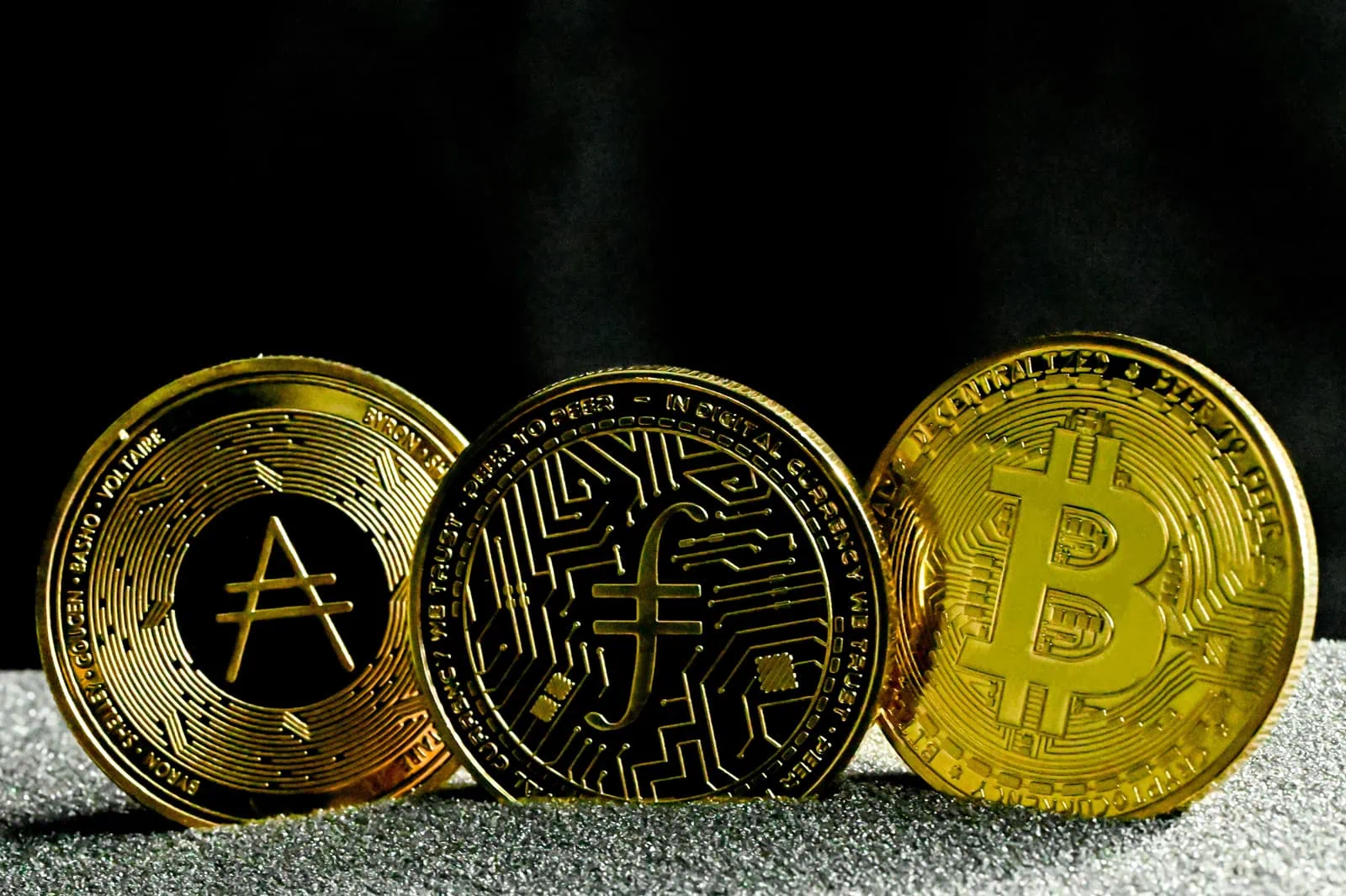
Terms you need to know to understand cryptocurrency.
Have you checked the news lately? Are you keeping up with financial trends? The chances are you have heard words like Bitcoin, ICO, blockchain, and so on, and have no idea what that means. That’s okay, because a lot of people don’t. The Bitcoin journey is fairly short, which means these terms aren’t found in every dictionary or talked about over family dinner just yet. You have probably heard things like, “Invest in Bitcoin,” or different opinions on how the Bitcoin market is doing – maybe the phrase “mining for Bitcoin.” What is Bitcoin? Why is it all over the news? Bitcoin is part of a bigger financial movement called cryptocurrency, a digital cash system with a fairly recent birth. To help you grasp the idea, we’ve laid out the basics of cryptocurrencies, including what they are, where they came from, and what to do with them.Introduction to Cryptocurrency
Cryptocurrency is digital money that uses cryptography for security. Cryptography is writing and solving puzzles. With the cryptography step, it is difficult to counterfeit. The currency does not have a central authority and can be used for a variety of things such as buying goods and investing. The history of cryptocurrency begins with Bitcoin in 2008 and, as of 2015, there were of 14.6 million bitcoins in circulation. Since its launch, cryptocurrency has found its way into many aspects of our everyday lives that we may not even be aware of. There are now several different kinds of cryptocurrency. Cryptocurrency has the ability to make transferring funds easier between two parties. The transactions don’t cost much and allow users to avoid high fees experienced when using most banks and wire transfers. Many are confused by what Bitcoin even is, let alone all of the terms that come with it. Below we’ve defined some of the basic words that you’ll need to know when you begin your journey with cryptocurrencies.Vocabulary
Bitcoin– Bitcoin was the result of a side project by Satoshi Nakamoto, the alias of an anonymous programmer. Bitcoin was the first cryptocurrency and remains one of the most important. In 2008, Bitcoin was launched as a peer-to-peer electronic cash system. Satoshi eliminated the centralized system, which means every single person is needed to keep track of the funds. Altcoin– This term is used to describe any cryptocurrency that isn’t Bitcoin or another highly popular digital currency, Ethereum. Some who strictly prefer Bitcoin will still call Ethereum an altcoin. After the success of Bitcoin, many altcoin were launched, usually advertising themselves as a better, higher performing substitution. The goal of altcoin is to point out any limitations that could be perceived with Bitcoin and come with up newer versions with advantages with less limitations. Whitepaper– A whitepaper is a document that describes a certain cryptocurrency’s details and rules. Mining– Mining for cryptocurrency means verifying and adding transactions to the public blockchain. This is also how new coins are released. Anyone with internet access and the correct hardware can mine. Miners compile recent transactions into blocks and solve the difficult puzzles used to protect the transaction. Whoever can solve the puzzle first gets to place the next block on the blockchain and claim the reward. The incentive to solve the puzzle is the reward which consists of the transaction fees and newly released coins P2P– This is an abbreviation for the term peer-to-peer. Peer-to-peer is a large focus of blockchain because it is one of the biggest draws to cryptocurrency…decentralization. The interactions that take place on the blockchain happen P2P with no centralized entity like a bank or a store. Blockchain– Blockchain is the digital, public ledger where cryptocurrencies occur. Through a blockchain, everyone in the network can see every account’s balance. Every transaction is a file with a sender, recipient public key, and the amount of coins involved in the transaction. The transaction is sent with a private key by the sender in the form of cryptography. A blockchain is decentralized and is constantly growing with completed blocks. The most recent transaction is added in chronological order, which allows the blockchain participants to keep track of the transactions without central recordkeeping. Block– The permanent files where the data about the cryptocurrency network is stored. It holds some or all of the most recent transactions that have not been entered by the other blocks. Once the block is completed, it allows for another block in the blockchain. Public-Private Key– The key is the cryptographic key that is used to encrypt the message. Another party can receive the message and use the key to decode the message. This is used in blockchain to confirm transactions. Confirmation– A confirmation occurs when the blockchain transaction has been verified by the network. Once the transaction is confirmed, it can’t be reversed or double spent. Node– A computer that is connected to the Bitcoin network is known as a node. It receives a copy of the full blockchain and supports the network of the cryptocurrency through validating and relaying transactions. Whale– Also known as a Bitcoin Whale, this term refers to an individual or entity that holds large amounts of Bitcoin. In terms of a blockchain and cryptocurrency being a decentralized currency, whales can cause concern. A whale can lead to a small number of people having controlling power of the digital currency. Satoshi– This is the smallest unit of Bitcoin currency, named after the Bitcoin developer. It is roughly 0.00000001 bitcoin. ICO– Initial Coin Offering, or ICO, is like an IPO for cryptocurrency. When a new digital currency is developed, money is needed to fund it. Those who invest are hoping the currency will gain a lot of traction and raise the price of the coin. Unlike IPOs, investing in an ICO cannot gain you ownership stake of the company. All investments involve certain risks. All investments carry the potential for financial loss, including the loss of the principal amount invested. Past performance should not be viewed as an indicator of future results. Market conditions and broader economic factors can significantly impact the value of investments. Investments in international markets are subject to additional risks, such as currency exchange fluctuations, political or economic instability, and variations in accounting practices. Alternative investments, including but not limited to hedge funds, private equity, and real estate, may be illiquid, speculative, and are not suitable for all investors. The above information should be considered before making any investment decisions. All posts and publications are for your information only and are not intended as an offer, promotion, or solicitation to buy or sell any financial instrument or perform any other financial transactions. All information and opinions expressed in posts and publications reflect our current views as of the date of the publication and may be liable to change without notice.Have any questions?
We are your partner to find the best private bank.
No matter the problem, Alpen Partners will handcraft a solution for you. We know that there is no one-size-fits-all when striving for financial success. Our approach involves working with our clients to make a unique plan to meet their needs.
Contact us to enhance your financial plan today.
Author
Alpen Partners
Your partner for asset management




